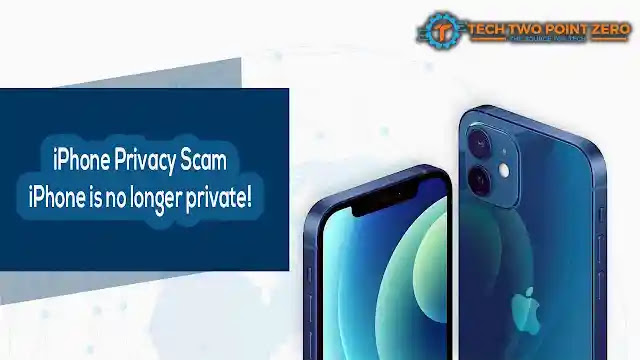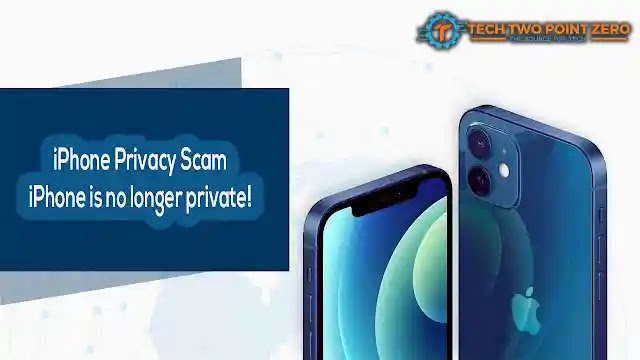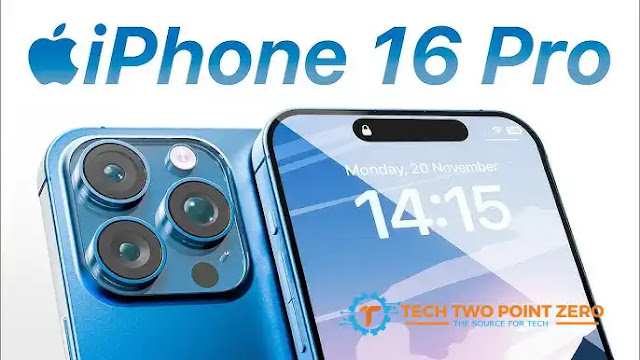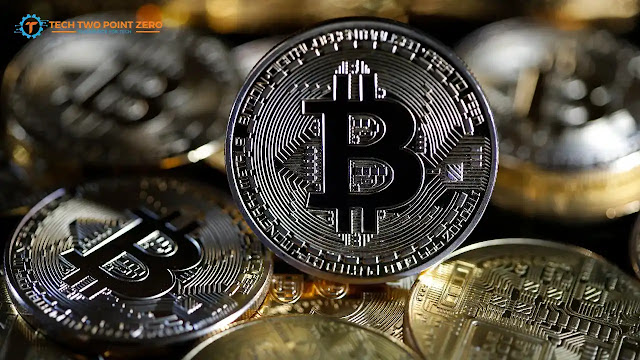iPhone is the name of one of the most privacy-friendly devices in the world. Right? Hey, why not, Apple does the marketing “Privacy. That’s iPhone” — but the truth is, the iPhone is being waved in the name of privacy. Rather, it would not be wrong to say that the iPhone is currently the biggest spying machine. Let’s discuss how Apple is lying about your privacy. In the next article, I will discuss how Android is much more private than iPhone.
After a long time, I started to write a blog, I hope you will look at the look of forgiveness if I don’t find the wrong writing or rhythm as before.
The iPhone’s false promise of privacy
Apple heavily markets its iPhone as a private and secure device. If any random person is asked which is more private, iPhone or Android, most people will say, “Definitely iPhone”. Because Apple is such a big company, their expensive devices, iPhones,s or Apple products are used by all big people and celebrities. If the iPhone is not a private thing, why do people buy iPhones with hundreds of thousands of rupees?
The story started 8-9 years ago. At this time Apple launched their new privacy policy and there they wrote in big letters, we do not monetize the data stored on your iPhone or any data stored in iCloud. And a great customer experience should never compromise your privacy. — Marketing is done, now everyone started to believe that Apple iPhone is the most privacy-focused device.
Earlier Apple used to earn money only by selling products but now they earn money by selling services like Apple TV+, iCloud, Apple Music, Apple News+, etc. iPhone cell has not seen much improvement in the last few years. But Apple wants more profit, and the price of iPhone has already skyrocketed. So they start pushing people towards services. But the game begins here. Whenever you want to give customers the best user experience in any service, you will need user data. The more user data you have, the more personalized service you can offer to that user.
So in its name, Apple currently collects all your user data. What apps you open, how long you stay in an app, everything is stored and used by Apple on their servers. Now the question is that Apple is not only using that data but also sharing it with others? Remember Facebook’s Cambridge Analytica data scam a few years ago, where it was leaked how Facebook was selling their users’ data to others.
So, Mr. Tim Cook, sir said in this scandal, one should not create a very detailed profile, there is a lot of deep information hidden in this type of profile, in fact, this type of data should not be stored anywhere. Every company that advertises creates a unique profile on you to track you online. Let’s say they know from your search that you like pizza, then later show you an ad for pizza.
But the interesting thing is, Apple now creates the profile itself which contains a lot of deep information about the user. Check out this article (Apple Is Tracking You Even When Its Own Privacy Settings Say It’s Not, New Research Says) on what else the App Store is tracking. Even if an app is not given permission to collect data, that app is able to track 95% of the data. That means Apple itself is responsible for profiles that shouldn’t exist according to its own team code. Hey wow! Not only that, Apple saves your information on their servers even after privacy settings are turned off.
It means that every click of yours is storing some information on the server and from this information it is possible to create a unique profile of any user. It is not possible to do things that Apple advises others to do, but Apple itself is doing them. Oh wait, I haven’t even started discussing the biggest bugbear of the Apple iPhone, the “App Tracking Policy”…
Another bot is called, “App Tracking Policy”.
App Tracking Policy — Originally an iOS feature, where a third-party app wants to track user data, it needs to ask permission from the user. If the user does not give permission then the app will not be able to collect any user data. The app will still show ads, but won’t be able to create your detailed profile. Even then, if the app tries to collect data, the app will be kicked from the App Store. Wow, those private feelings right? It seems that Apple is very careful!
But what is this? In this article (Former Apple engineer says the button on iPhones asking apps not to track you is a ‘dud’ that gives users a ‘false sense of privacy’) an Apple engineer says this feature is just a false sense of privacy? — because a leaked email reveals that app developers can still track 95% of iOS users’ data from your device info and IP address even after you don’t give an app permission to do app tracking.
Now tell me, then why did Facebook agree with Apple that if they can’t track users, they can’t show ads. Listen, after 6-7 months of Facebook Snapchat, everyone got permission to track users. But yes, there was this policy that they couldn’t create unique profile for anyone
 Tech Two Point Zero All Technology related information and other news suppers
Tech Two Point Zero All Technology related information and other news suppers





